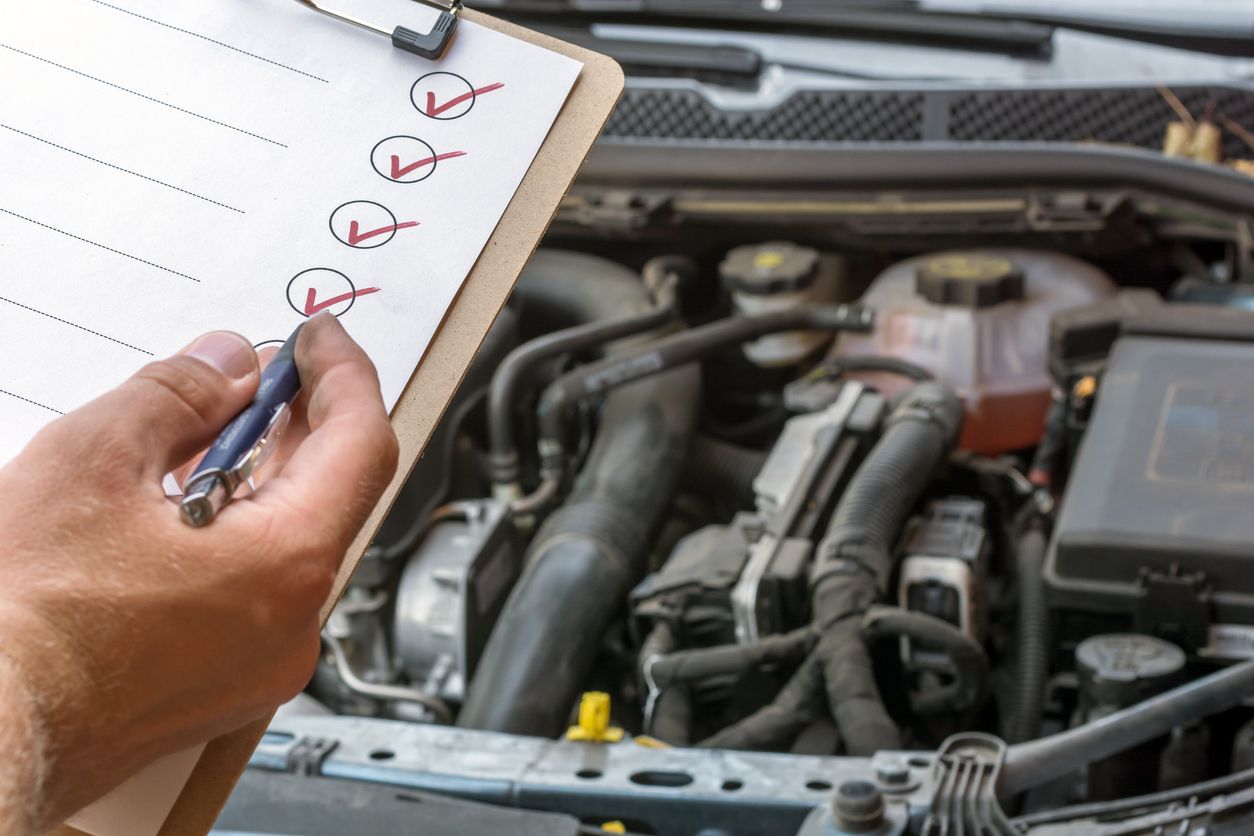All Categories
Featured
Your automobile's engine is its heart, and preserving its health and wellness is necessary to maintain your auto running smoothly and to prevent expensive repair work. Taking safety nets can save you countless bucks out of commission costs and extend the life expectancy of your lorry. Here are some essential strategies to help you stay away from pricey engine problems.
Regular upkeep is the cornerstone of engine health and wellness. Follow your vehicle maker's preferred service intervals for oil changes, air filter replacements, and coolant flushes. Fresh oil makes sure correct lubrication, minimizes friction, and stops deterioration on engine components. A tidy air filter promotes efficient combustion by permitting a proper mix of air and gas.
Fluids such as engine transmission, coolant, and oil liquid play vital roles in preserving engine efficiency. Inspect these levels regularly and top them off as needed. Reduced or filthy fluids can cause overheating, minimized performance, and lasting damage to your engine.
Control panel caution lights are not to be disregarded. Indicators like the check engine light signal that something is incorrect with your vehicle. Address these problems promptly to stop small troubles from escalating into significant, costly fixings.
Too much weight puts added strain on your engine, triggering it to function harder than needed. Overwhelming your vehicle can lead to overheating, boosted gas usage, and early engine wear. Be conscious of your car's weight restrictions, especially throughout lengthy trips.
![]()
Damaged stimulate plugs and ignition parts can trigger misfires, decreased gas efficiency, and enhanced exhausts. Changing these parts as suggested by your automobile's upkeep routine makes sure reliable engine performance and protects against more damages.
Making use of high-quality gas aids maintain engine sanitation and prevents the accumulation of deposits in the burning chamber. Low-grade or contaminated gas can damage gas injectors and other engine components with time.
The cooling system prevents your engine from overheating. Frequently evaluate hoses, belts, and the radiator to guarantee they remain in good condition. Replace worn-out parts and purge the coolant system as per the producer's standards.
Aggressive driving, such as unexpected acceleration and tough braking, can strain your engine and various other components. Adopt smooth driving practices to reduce wear and boost and tear fuel performance.
If you observe uncommon noises, decreased efficiency, or leaks, address them as soon as possible. Tiny issues, if left unsettled, can lead to substantial engine troubles that are pricey to repair.
![]()
By following these preventive actions, you can avoid unforeseen engine problems, save cash on repairs, and ensure your car stays reputable for several years ahead. A positive approach to maintenance is the key to maintaining your engine in peak problem and your wallet undamaged.
- Stick to a Routine Upkeep Arrange
Regular upkeep is the cornerstone of engine health and wellness. Follow your vehicle maker's preferred service intervals for oil changes, air filter replacements, and coolant flushes. Fresh oil makes sure correct lubrication, minimizes friction, and stops deterioration on engine components. A tidy air filter promotes efficient combustion by permitting a proper mix of air and gas.
- Display Liquid Degrees
Fluids such as engine transmission, coolant, and oil liquid play vital roles in preserving engine efficiency. Inspect these levels regularly and top them off as needed. Reduced or filthy fluids can cause overheating, minimized performance, and lasting damage to your engine.
- Pay Attention to Warning Lights
Control panel caution lights are not to be disregarded. Indicators like the check engine light signal that something is incorrect with your vehicle. Address these problems promptly to stop small troubles from escalating into significant, costly fixings.
- Stay Clear Of Overloading Your Automobile
Too much weight puts added strain on your engine, triggering it to function harder than needed. Overwhelming your vehicle can lead to overheating, boosted gas usage, and early engine wear. Be conscious of your car's weight restrictions, especially throughout lengthy trips.
- Change Glow Plugs and Ignition Parts

Damaged stimulate plugs and ignition parts can trigger misfires, decreased gas efficiency, and enhanced exhausts. Changing these parts as suggested by your automobile's upkeep routine makes sure reliable engine performance and protects against more damages.
- Use Quality Fuel
Making use of high-quality gas aids maintain engine sanitation and prevents the accumulation of deposits in the burning chamber. Low-grade or contaminated gas can damage gas injectors and other engine components with time.
- Maintain the Cooling System in Check
The cooling system prevents your engine from overheating. Frequently evaluate hoses, belts, and the radiator to guarantee they remain in good condition. Replace worn-out parts and purge the coolant system as per the producer's standards.
- Drive Gently
Aggressive driving, such as unexpected acceleration and tough braking, can strain your engine and various other components. Adopt smooth driving practices to reduce wear and boost and tear fuel performance.
- Address Tiny Issues Immediately
If you observe uncommon noises, decreased efficiency, or leaks, address them as soon as possible. Tiny issues, if left unsettled, can lead to substantial engine troubles that are pricey to repair.

By following these preventive actions, you can avoid unforeseen engine problems, save cash on repairs, and ensure your car stays reputable for several years ahead. A positive approach to maintenance is the key to maintaining your engine in peak problem and your wallet undamaged.
Latest Posts
How Can I Quote the Price of Brake Repairs or Replacements?
Published Jan 06, 25
0 min read
What to Expect During a Comprehensive Car Diagnostic Service
Published Jan 06, 25
0 min read
Exactly How to Appropriately Maintain Your Vehicle's Suspension System
Published Jan 06, 25
0 min read
More
Latest Posts
How Can I Quote the Price of Brake Repairs or Replacements?
Published Jan 06, 25
0 min read
What to Expect During a Comprehensive Car Diagnostic Service
Published Jan 06, 25
0 min read
Exactly How to Appropriately Maintain Your Vehicle's Suspension System
Published Jan 06, 25
0 min read